
In a period of profound transformation for the Congregation, as they initiated their international expansion, the Daughters of Wisdom were confronted with a major challenge that called into question their presence in France: the anticlerical laws of the Third Republic. These measures, aimed at reducing the influence of the Catholic Church, culminated in the Law of 1901 and the subsequent expulsion decrees, forcing the Congregation to seek asylum outside France. This restrictive legislative context profoundly marked the national religious landscape and propelled the Daughters of Wisdom towards new horizons, prompting them to reimagine their vocation beyond French borders.
France’s 1901 law on associations established the right to associate without prior authorization, giving citizens considerable freedom to form associations, with the notable exception of religious congregations, which required specific authorization. This legislation, by incorporating a clause enabling the closure of congregational establishments by simple ministerial decree, laid the foundations for a series of arbitrary actions against religious communities.
Emblematic of this repressive wave, the fervently anticlerical “Little Father Combes” initiated a campaign of mass closures of schools run by congregations, driving the Daughters of Wisdom, among others, into exile. This period was characterized by a series of legal measures aimed at legitimizing expulsions and seizures, thus accentuating the pressure on religious life in France.
The sisters had to abandon their establishments, leave the communities they had served, often in pain and haste, and head off into the unknown. The departure was marked by heart-rending scenes, farewells to children and families they had helped, and the challenge of leaving behind all they knew and cherished.
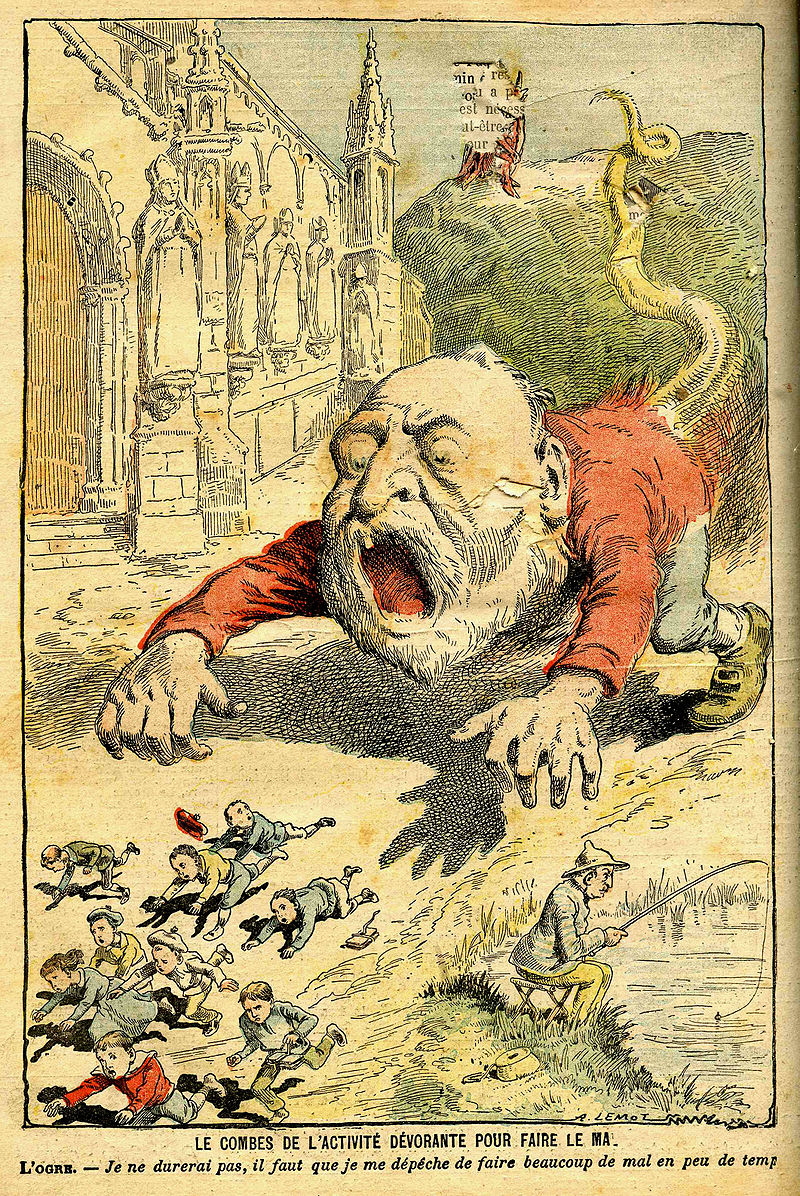
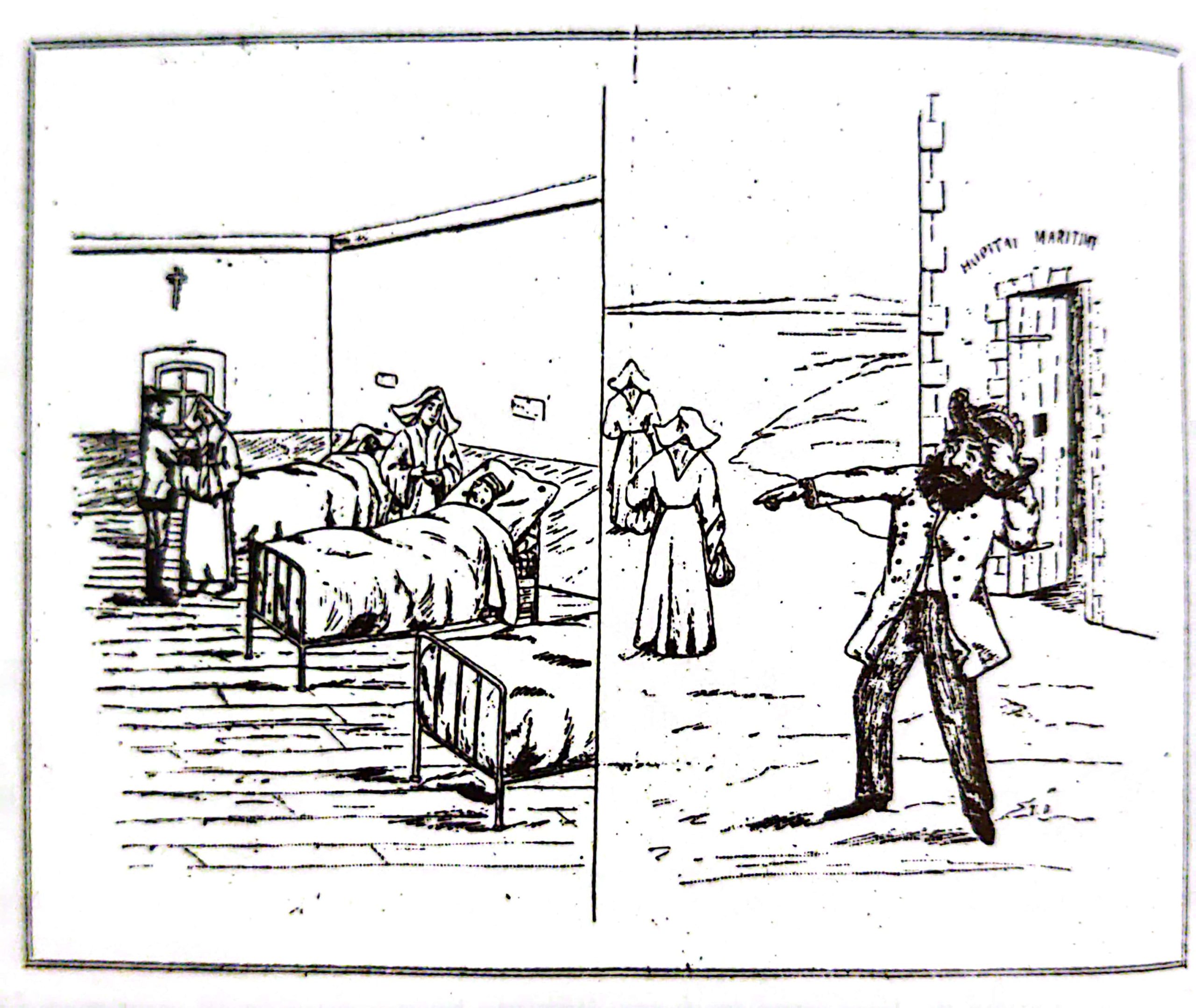
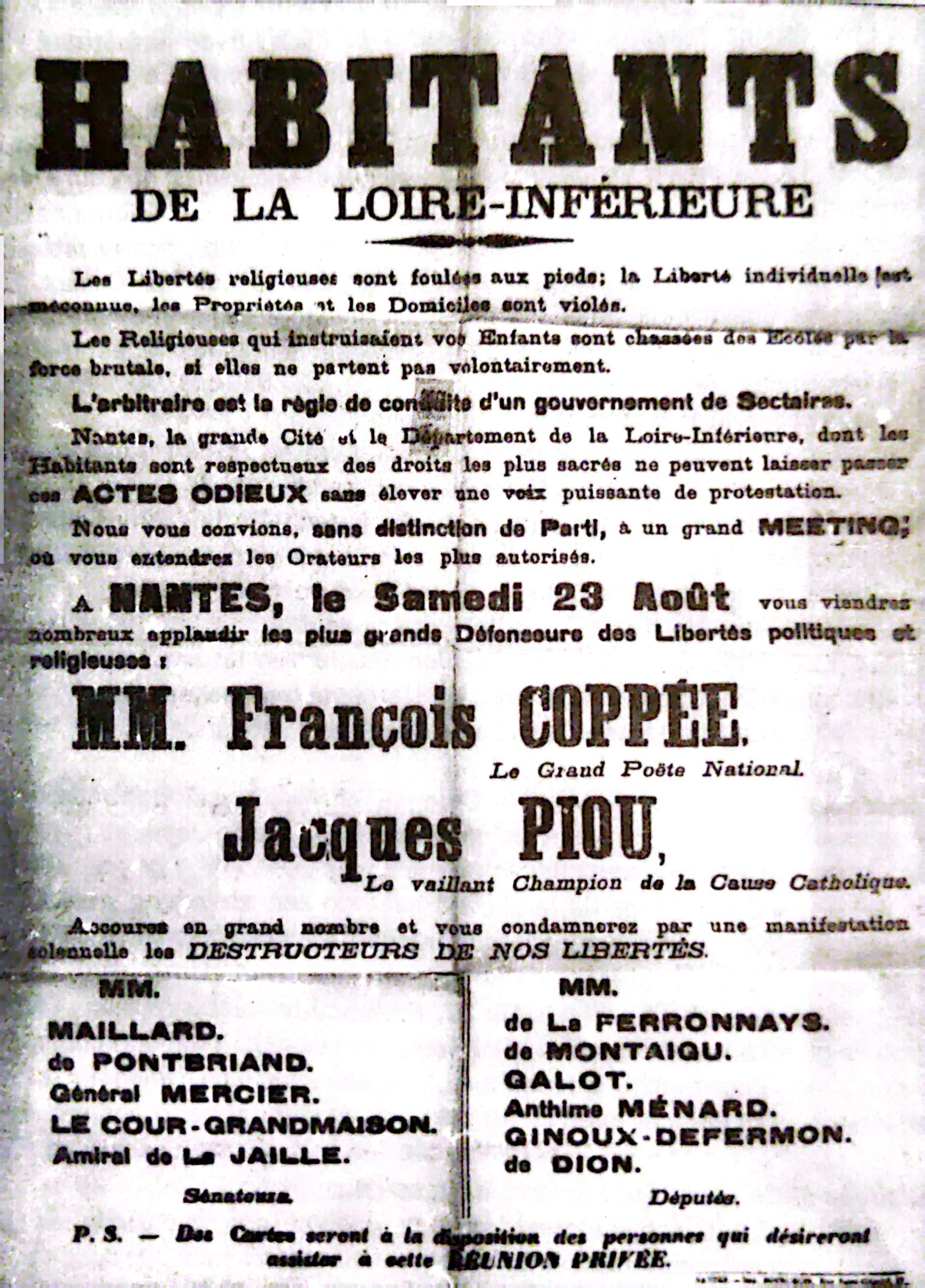 Faced with these expulsions, the Daughters of Wisdom, along with local communities, organized various forms of resistance, from petitions to public demonstrations. In some cases, this resistance took a more concrete form, with schools barricaded and protected by bodyguards, testifying to popular exasperation at the government’s relentlessness. These acts of solidarity demonstrated the union of local communities with the sisters, their rebellion against state directives, and their shared commitment to the preservation of education and freedom of worship. This era revealed the struggle between the state, seeking to establish secularism and reduce the influence of the Church, and religious communities, defending their role in education and the social sector. The 1905 law on the separation of Church and State was a decisive moment, putting an end to tensions and marking a turning point towards the secularization of French society.
Faced with these expulsions, the Daughters of Wisdom, along with local communities, organized various forms of resistance, from petitions to public demonstrations. In some cases, this resistance took a more concrete form, with schools barricaded and protected by bodyguards, testifying to popular exasperation at the government’s relentlessness. These acts of solidarity demonstrated the union of local communities with the sisters, their rebellion against state directives, and their shared commitment to the preservation of education and freedom of worship. This era revealed the struggle between the state, seeking to establish secularism and reduce the influence of the Church, and religious communities, defending their role in education and the social sector. The 1905 law on the separation of Church and State was a decisive moment, putting an end to tensions and marking a turning point towards the secularization of French society.
Exile prompted the Daughters of Wisdom to establish themselves in a multitude of countries, carefully selecting their new homes according to the possibilities of welcome and the needs of their spiritual and educational mission. They began by strengthening their presence in Belgium, England, the Netherlands and Italy, aiming to consolidate the cultural and linguistic links already forged with their original homeland. Further afield, Canada, Colombia and then the United States offered a vast field for missionary action in fast-growing societies.
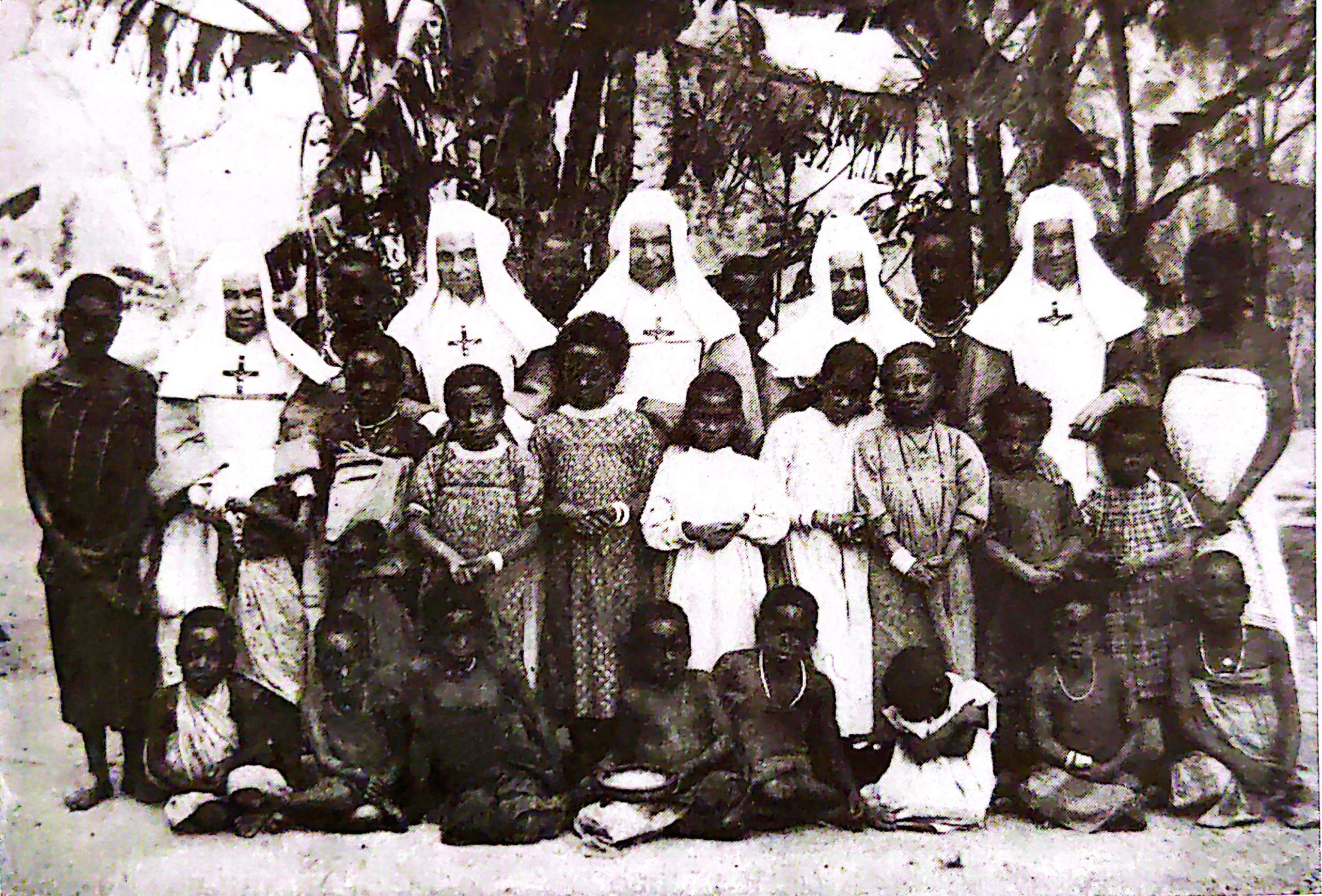 In 1904, their journey took them as far as Shiré, in what is now southern Malawi, thus inaugurating their first incursion into the African continent. Embarked in Marseille and guided by Dear Mother Marie-Patricie, they joined the Montfortians, already established since 1901, to contribute to education and evangelization.
In 1904, their journey took them as far as Shiré, in what is now southern Malawi, thus inaugurating their first incursion into the African continent. Embarked in Marseille and guided by Dear Mother Marie-Patricie, they joined the Montfortians, already established since 1901, to contribute to education and evangelization.
The welcome was not always warm. The sisters often had to deal with local reticence, language barriers, and the challenge of reinventing themselves in foreign cultural and social contexts. They had to learn new languages, obtain authorizations to teach, and adapt to different ways of life, while maintaining their identity and mission.
In Belgium, they encountered a society already saturated with religious refugees, which complicated their settlement. The sisters had to navigate between support and distrust, trying not to compete with the local congregations. Their religious costume, a symbol of their identity, attracted curiosity and sometimes mockery, reflecting the tensions between tradition and modernity they embodied.
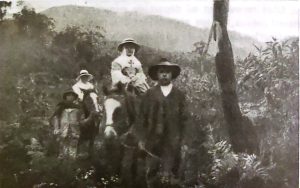 Nor was their arrival in Colombia without difficulties. The journey from La Dorada involved three days on the back of a mule, an unprecedented experience for these European nuns. They had to face falls, cling to trees and cross rivers, all in the rain. The arrival was also a test for their traditional clothes, which suffered from the travel conditions.
Nor was their arrival in Colombia without difficulties. The journey from La Dorada involved three days on the back of a mule, an unprecedented experience for these European nuns. They had to face falls, cling to trees and cross rivers, all in the rain. The arrival was also a test for their traditional clothes, which suffered from the travel conditions.
Despite these hardships, the Daughters of Wisdom succeeded in establishing solid foundations in their host countries. They adapted their missions to local needs, opening schools, orphanages and health centers, thus contributing to the education and well-being of local communities. Their resilience and adaptability enabled them not only to survive but to thrive, testifying to the strength of their faith and their commitment to the values of Wisdom and Charity.
In the same spirit of adaptability, faced with legal restrictions in France, they have cleverly transformed some of their establishments into secular educational and social entities. This evolution has enabled them to maintain a presence in their native land, while honoring their commitments to local communities. The gratitude of these communities has been crucial to the sustainability of their mission.
This period, marked by challenges, also witnessed remarkable growth. It revealed the Congregation’s ability to transform a trial into an opportunity, enabling the Daughters of Wisdom to accelerate their international commitment, already underway towards the end of the 19th century. Their expansion solidified their status as a spiritual and educational force on a global scale, marking an era of development unprecedented in the Congregation’s history.
This account of the international expansion of the Daughters of Wisdom is based on in-depth research by M. Lepers, whose findings are recorded in his book ‘Dieu écrit droit, Tome 1, Lignes brisées 1900-1914’, and on information from the Wikipedia page on the expulsion of the congregations (1902-1903).